We Also Recommend
Save 4,500 ฿
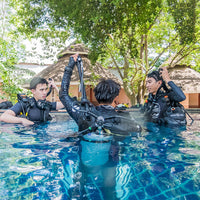

Sale price
8,500 ฿
8,500 ฿
Regular price
13,000 ฿
13,000 ฿
Save 4,500 ฿
Unit price
Sold Out
Save 2,000 ฿
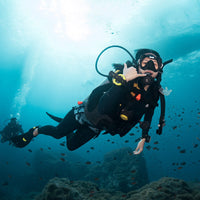

Sale price
11,000 ฿
11,000 ฿
Regular price
13,000 ฿
13,000 ฿
Save 2,000 ฿
Unit price
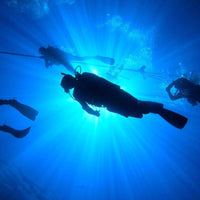

Regular price
7,500 ฿
7,500 ฿
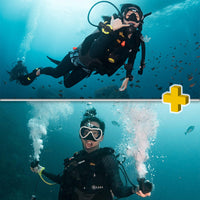

Regular price
19,900 ฿
19,900 ฿
Save 3,000 ฿
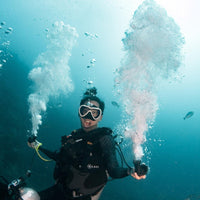

Sale price
10,000 ฿
10,000 ฿
Regular price
13,000 ฿
13,000 ฿
Save 3,000 ฿
Unit price
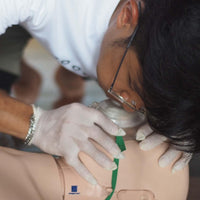

Regular price
4,500 ฿
4,500 ฿
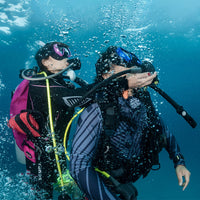

Regular price
10,000 ฿
10,000 ฿
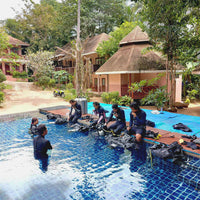

Regular price
1,500 ฿
1,500 ฿

PADI 5 Stars IDC Center
More than 50000 PADI Certifications
24/7 CUSTOMER SERVICE
Our team is at your disposal for any questions about our articles or your order.
SECURE PAYMENTS
The management of our online payments is 100% Secure with Stripe
FREE SHIPPING
Free Shipping in Thailand
×
This website uses cookies to ensure you get the best experience on our website.


